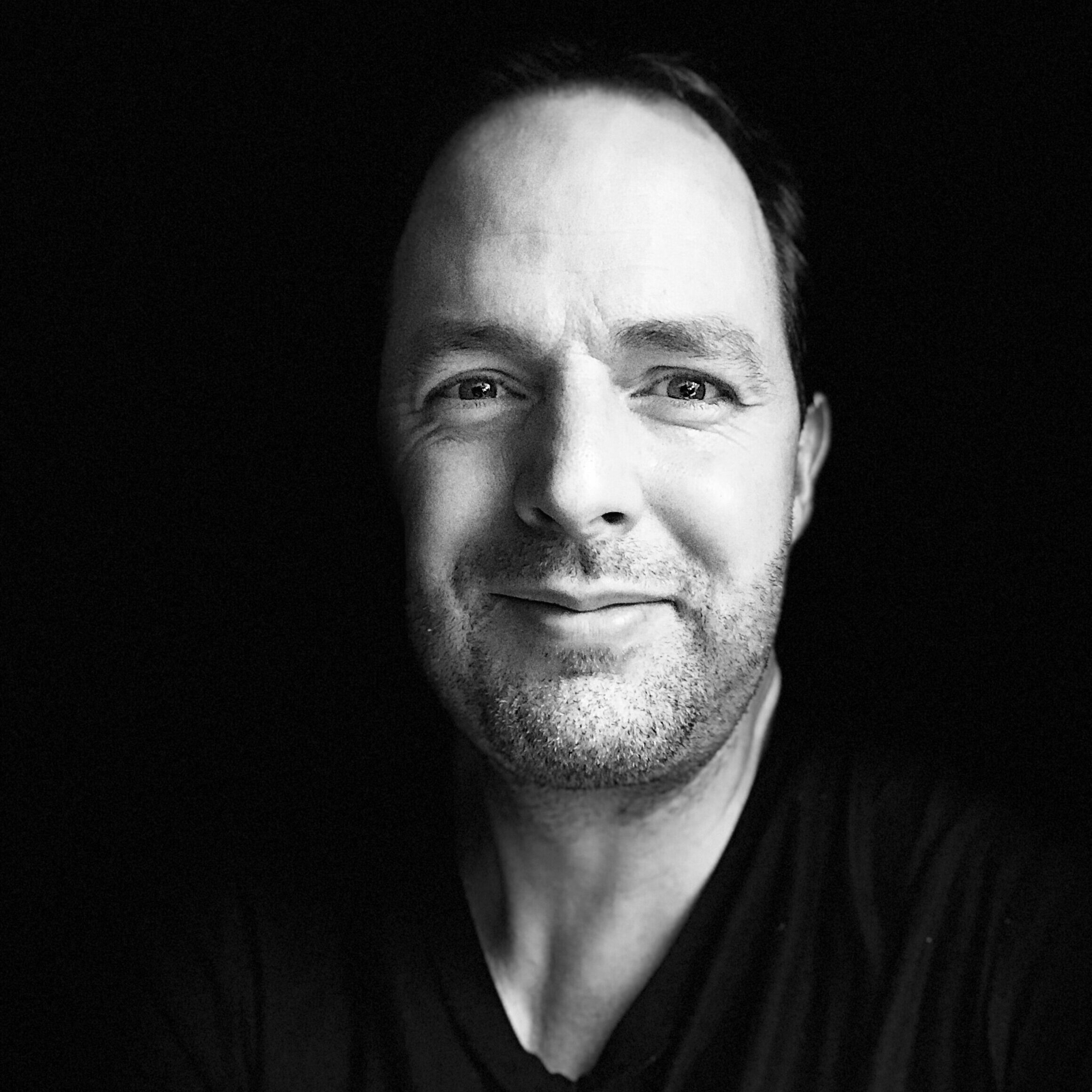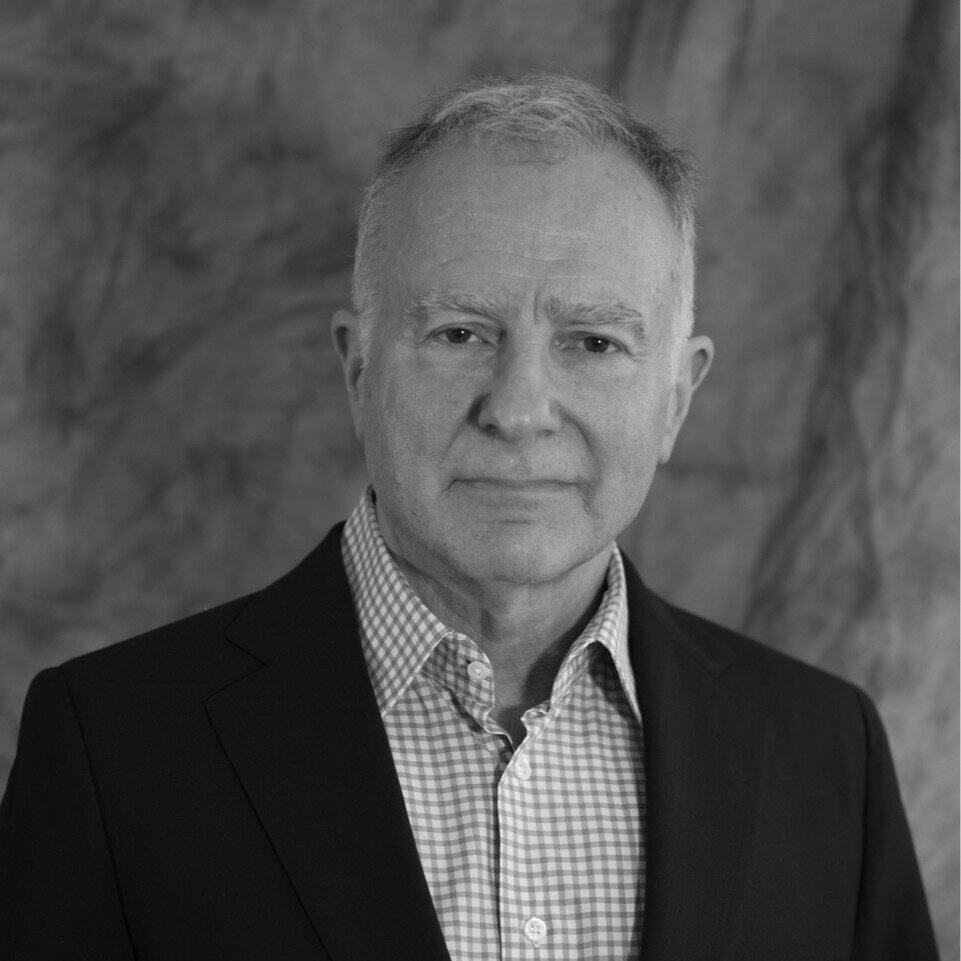
New Frontiers in Pain and Mental Health - Expanding Care to Those in Need.
Richard Hanbury, Chief Executive Officer, Sana Health, who joined the March Summit from Colorado
Richard Hanbury is the inventor of Sana, a neuromodulation platform for pain relief and deep relaxation, which he developed to eradicate his own life-threatening pain problem following a spinal-chord injury from a jeep crash near Sana, Yemen, in 1992. It is now his life’s mission to develop Sana to help others.
Sana is an at-home treatment for pain and mental health. Sana uses audio-visual neuromodulation to guide the brain into a deeply relaxed state, reducing anxiety and increasing neuroplasticity. Because of this Sana is the first device that is able to treat all the major compounding co-morbidities of chronic pain – pain, anxiety, depression, and sleep issues.
Sana is 90% complete on a pivotal FDA study - 120 person RCT at Duke University, and a 120 person RCT is also underway at Mount Sinai, for neuropathic pain.
Sana is seeking to carry out pivotal trials in anxiety, depression, MS pain, Cerebral Palsy, CRPS, CPS and PTSD.
Founder-developed to solve his own underlying nerve damage pain following a jeep crash in Yemen, the device is now poised to solve a large unmet need in the treatment of fibromyalgia, with multiple other pain and mental health indications to follow.
Learn more about Sana Health and meet Richard by logging in to Cavendish IQ..

Establishing a New Standard of Guided Care for Heart Failure Patient Management
Steve Stephansen, Chief Executive Officer, Lifewave Biomedical, who joined the Summit from the San Francisco Bay Area
Heart failure (or congestive heart failure) has been the disease of highest incidence and prevalence in the U.S. as well as the EU, Japan, Southeast Asia, and MENA (prior to COVID19). Heart failure has the highest hospitalization and re-hospitalization rates, highest cost to the healthcare system and highest mortality. Heart failure incidence continues to rapidly grow and while new therapies and interventions are being developed, it remains a challenging disease. Healthcare systems are seeking care improvements that enable better care in home and remote clinics.
LifeWave Biomedical is developing the CardioConnect™ system that will be the first cost effective non-invasive physiologic sensor that delivers a single clinically actionable parameter that can enable guided-care in home environments. The CardioConnect system is being designed to reduce hospitalization, improve quality-of-life, and significantly lower cost to health care systems in treating the disease.
Steve Stephansen is the CEO of LifeWave Biomedical. He holds 40 years of engineering, marketing, sales, and CEO experience in information technology businesses in both Fortune 500 and startup businesses. He is experienced in the global commercialization of innovative technology products, including semiconductor solutions for high speed computing and signal processing, Internet video capture systems, displays, and business connectivity software.
He has previous CEO experience at two technology startups, at WebV2, Inc. and Agoura Technologies, Inc. Previous to his CEO experience, he held the position of VP of Marketing & Sales at Information Storage Devices where he grew annual sales from $0 to $55M sales in four years, leading to successful initial and secondary public offerings.
He is a graduate of the Stanford Graduate School of Business, Rensselaer Polytechnic Institute, and Lehigh University.
Learn more about Lifewave BIomedical and meet Steve by logging in to Cavendish IQ.


